UCL, UI researchers devise method to optimize magnesium chromium oxide cathode materials; disordered materials
Green Car Congress
JANUARY 2, 2019
University College London and University of Illinois at Chicago researchers report a new, scalable method for making a material that can reversibly store magnesium ions at high-voltage. One factor limiting lithium-ion batteries is the anode. The study is published RSC journal Nanoscale. Linhua Hu, Ian D.




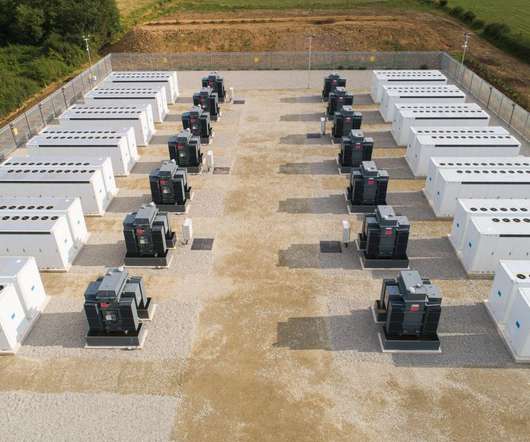
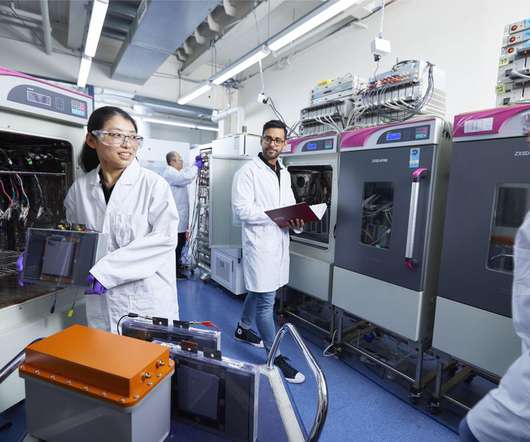
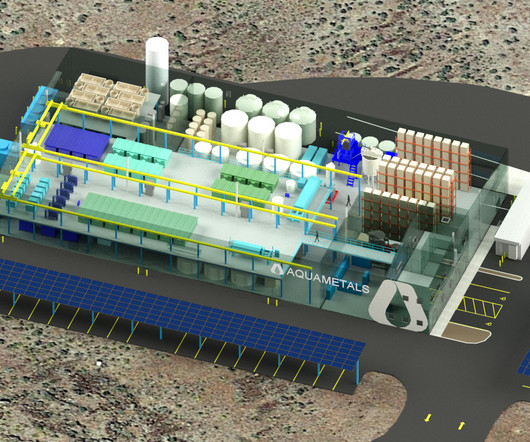
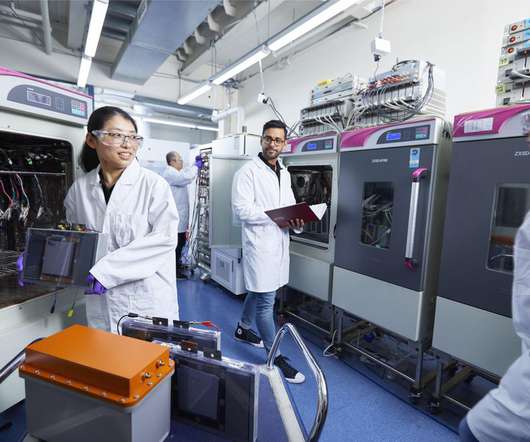

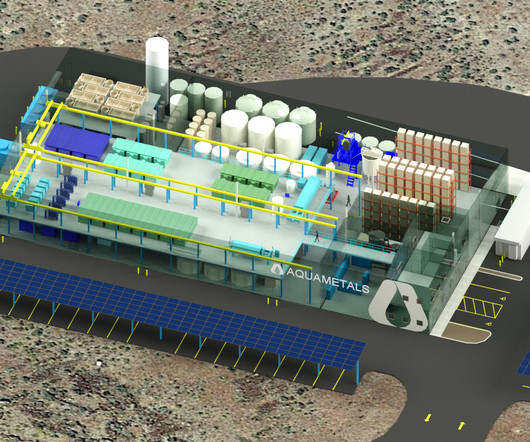






Let's personalize your content